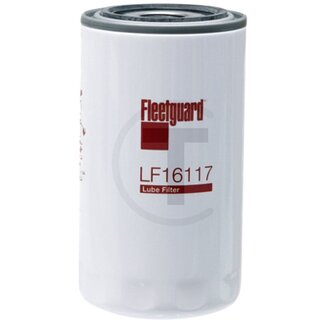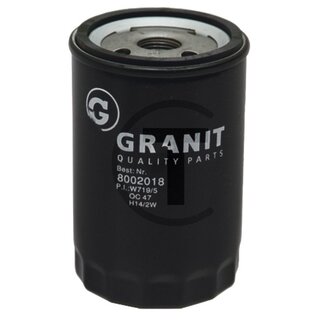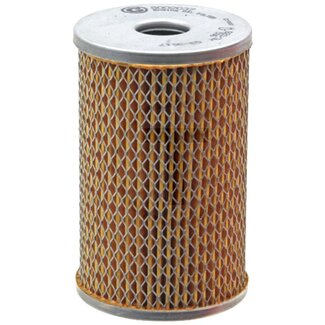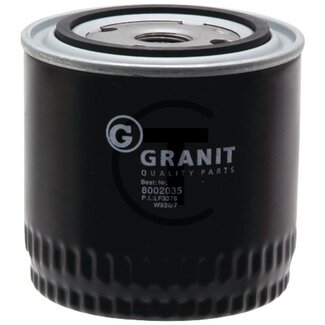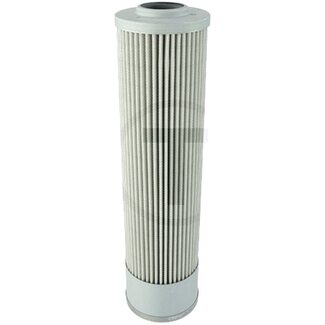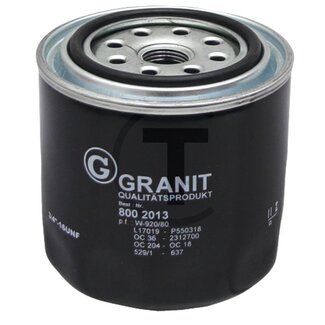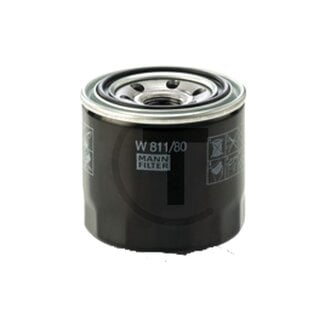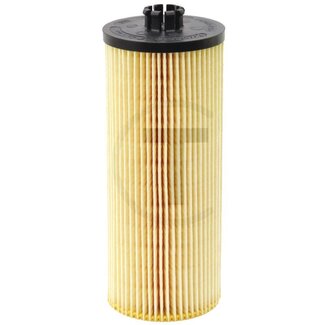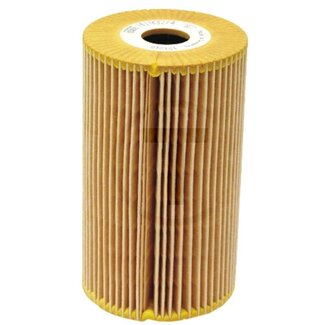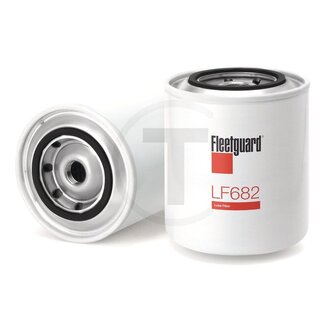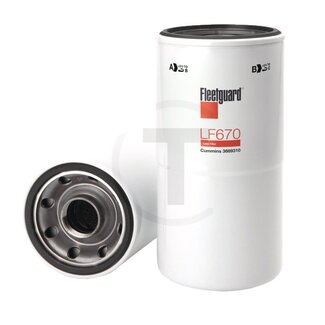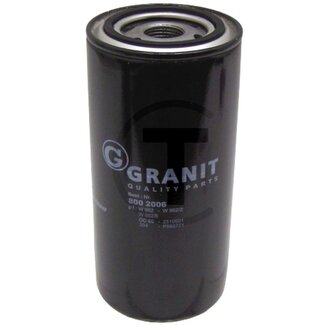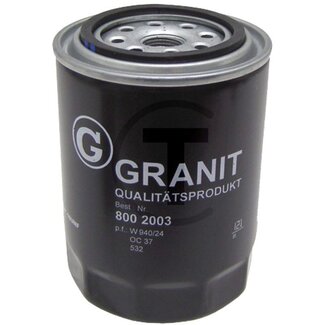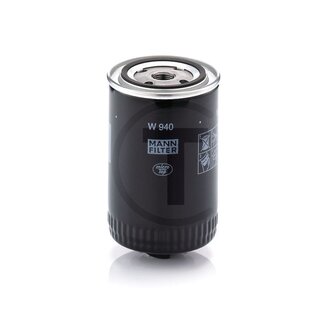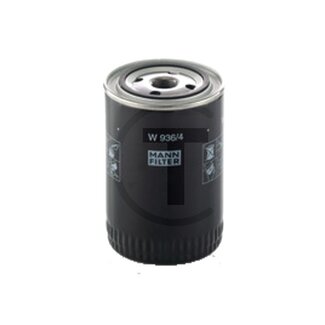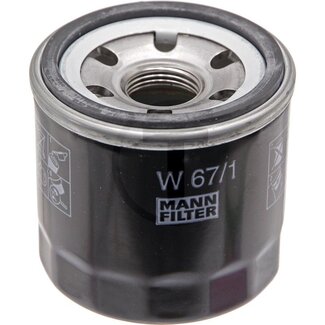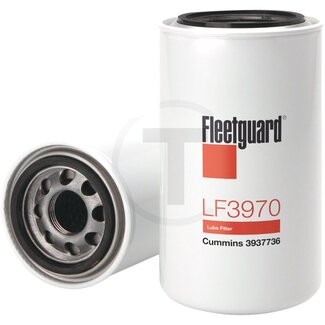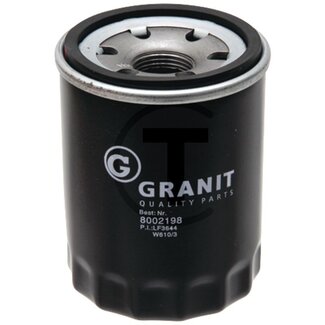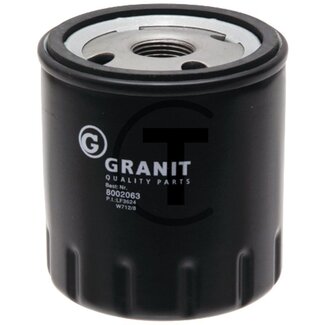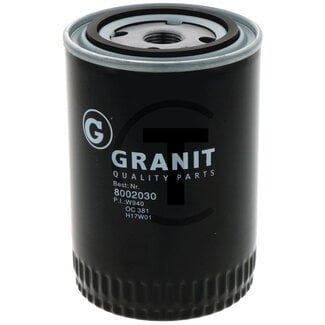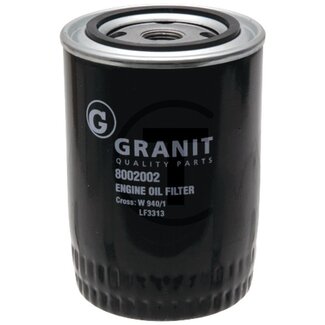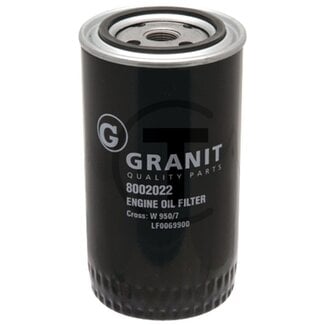The functionality of oil filters
An oil filter is an essential component of any vehicle or agricultural machine. It ensures that the oil remains clean by filtering out dirt, metal particles, and other impurities. Clean oil is crucial for lubricating the engine and preventing wear on components. When oil becomes contaminated, parts can be damaged, leading to higher maintenance costs or even engine failure.
Oil filters extend the lifespan of the engine and contribute to the performance of your vehicle or machine. Whether you’re maintaining a vintage tractor or operating a modern machine, a high-quality oil filter is indispensable.
Using oil filters
Replacing an oil filter is a relatively simple task, but it’s important to do it correctly. Here are some tips to get the most out of your oil filter:
Replace it regularly: How often you should replace the oil filter depends on the type of vehicle and its usage. It’s generally recommended to replace the oil filter during every oil change.
Choose the right filter: Not all oil filters are suitable for every engine. Make sure to select a filter that matches the specifications of your engine and the recommended oil pressure.
Inspect the filter during maintenance: While performing maintenance, take a moment to check the condition of the oil filter. A clogged filter can cause serious engine damage.
Benefits of a good oil filter
Choosing the right oil filter offers several benefits:
Better engine performance: A clean oil filter ensures optimal oil flow, leading to improved engine performance.
Longer engine life: By keeping dirt and particles out of the engine, a good filter minimizes wear and tear.
Reduced maintenance costs: Using a functional oil filter helps prevent frequent maintenance and expensive repairs.
Environmentally friendly: A well-maintained oil filter ensures efficient engine operation, which reduces harmful emissions.
Frequently asked questions about oil filters
Which oil filter do I need?
The type of oil filter you need depends on factors such as the brand, model, and engine type of your vehicle or machine. Always consult the vehicle’s manual or seek advice from experts like those at Techniek Totaal. We can help you find the right filter for your specific needs.
How often should I replace my oil filter?
This depends on how frequently you use the machine and the conditions it operates in. Generally, oil filters should be replaced during every oil change, typically after 10,000 to 15,000 kilometers for vehicles. For agricultural machines, the interval may vary based on usage intensity. Always follow the manufacturer’s recommendations.
What happens if I don’t replace my oil filter on time?
A clogged filter can impede oil flow, negatively affecting engine performance. Dirt and impurities will continue to circulate in the oil, potentially causing engine damage. Timely replacement of the oil filter is essential to avoid costly repairs.
Are there different types of oil filters?
Yes, there are various types of oil filters depending on the engine type. These include full-flow filters, which filter all the oil, and bypass filters, which clean only a portion of the oil. There are also specialized filters for heavy machinery used in agriculture or construction. Choosing the right filter for your application is crucial.

